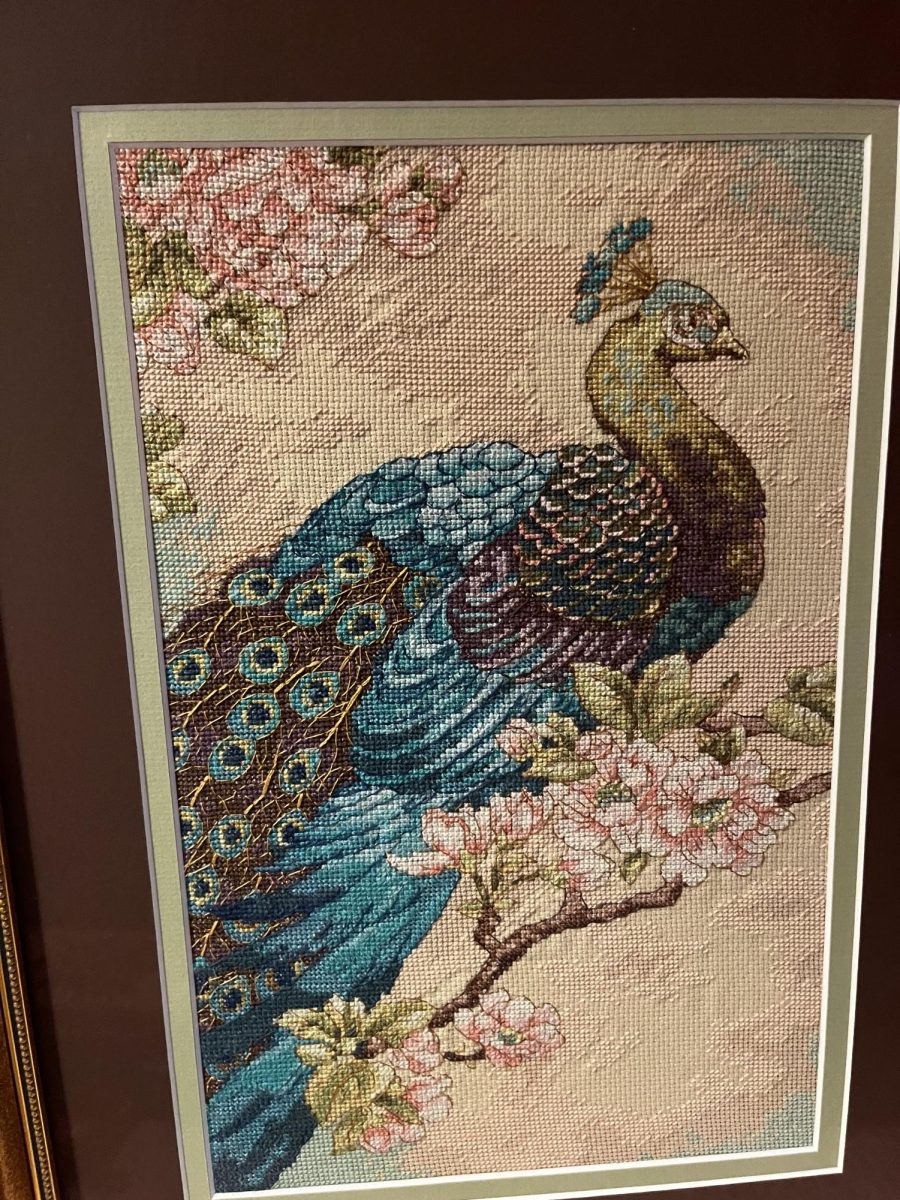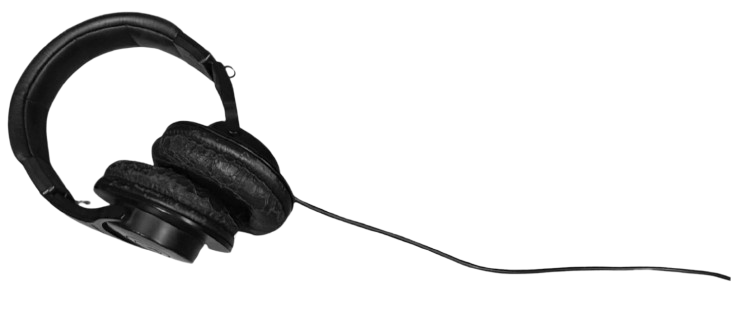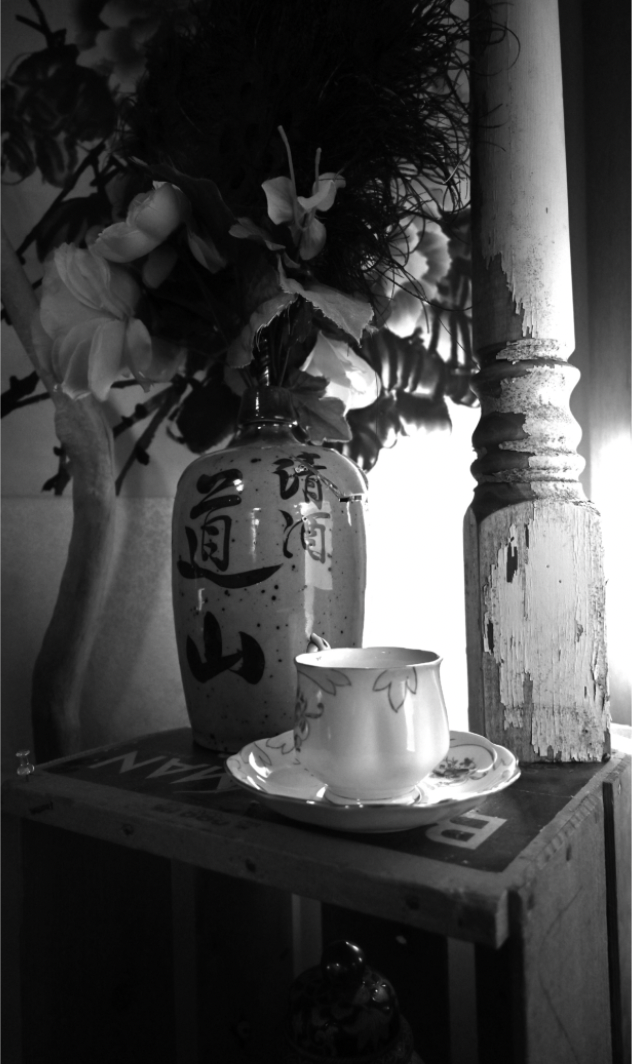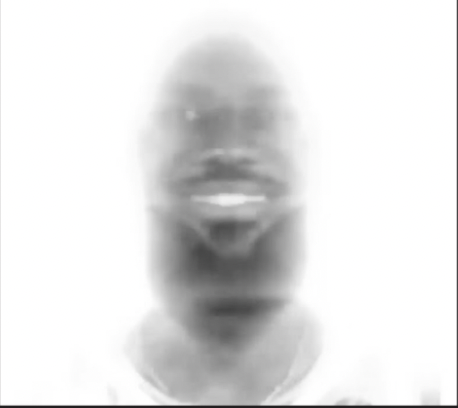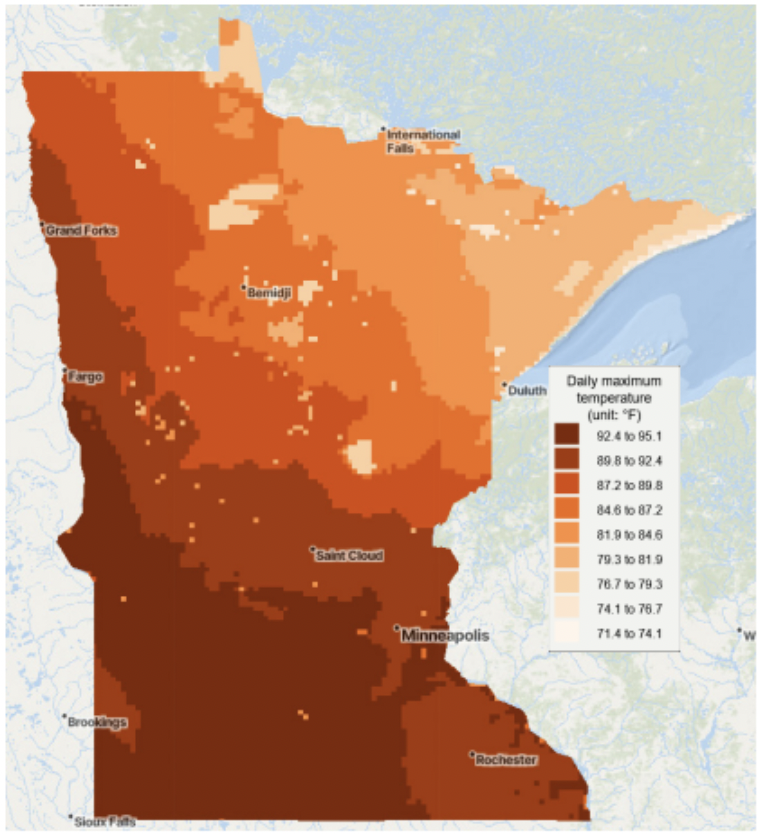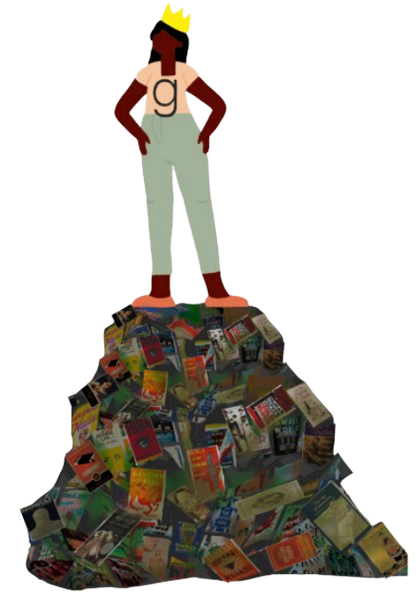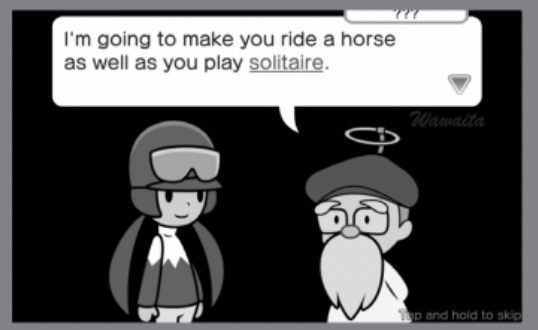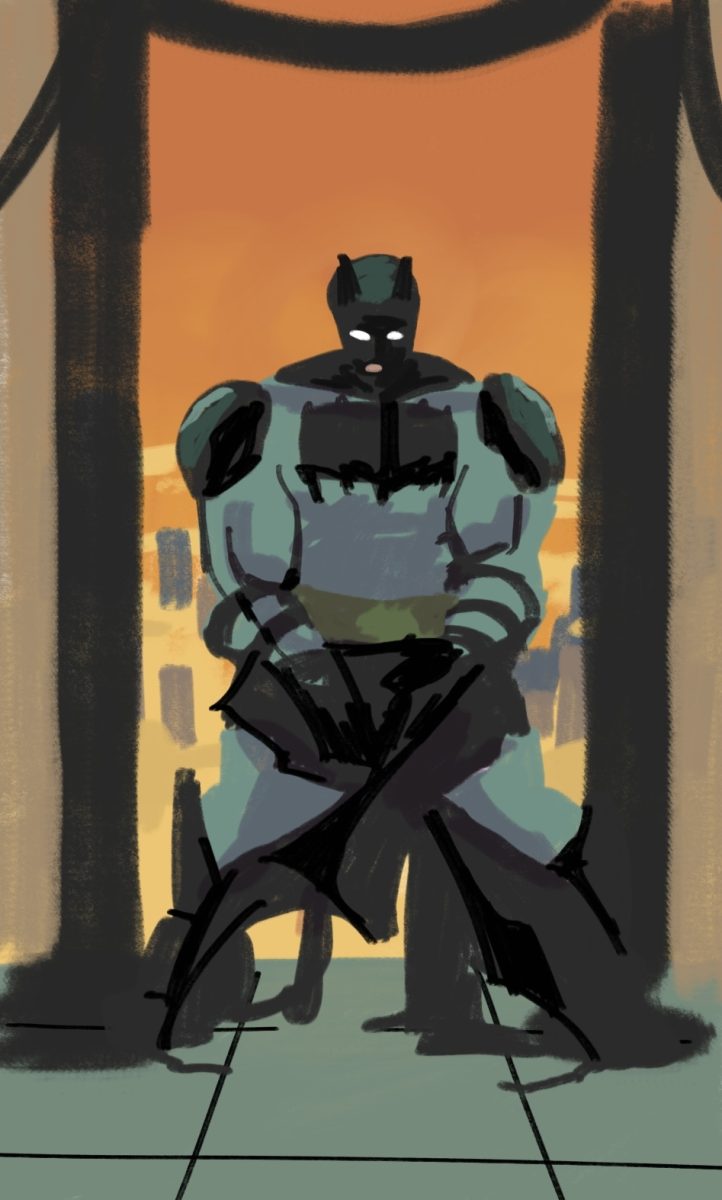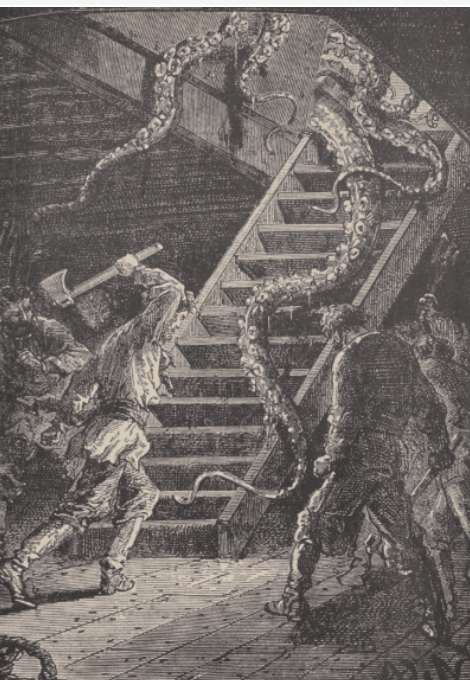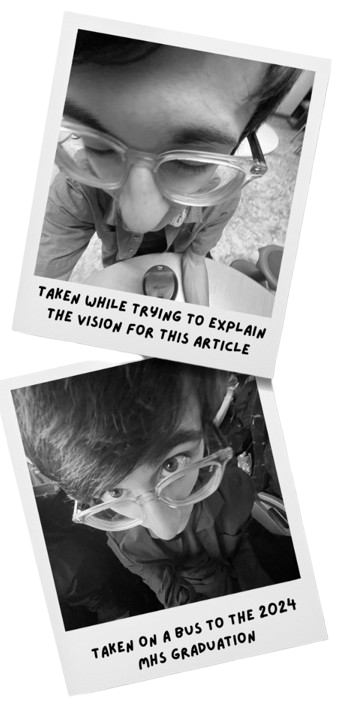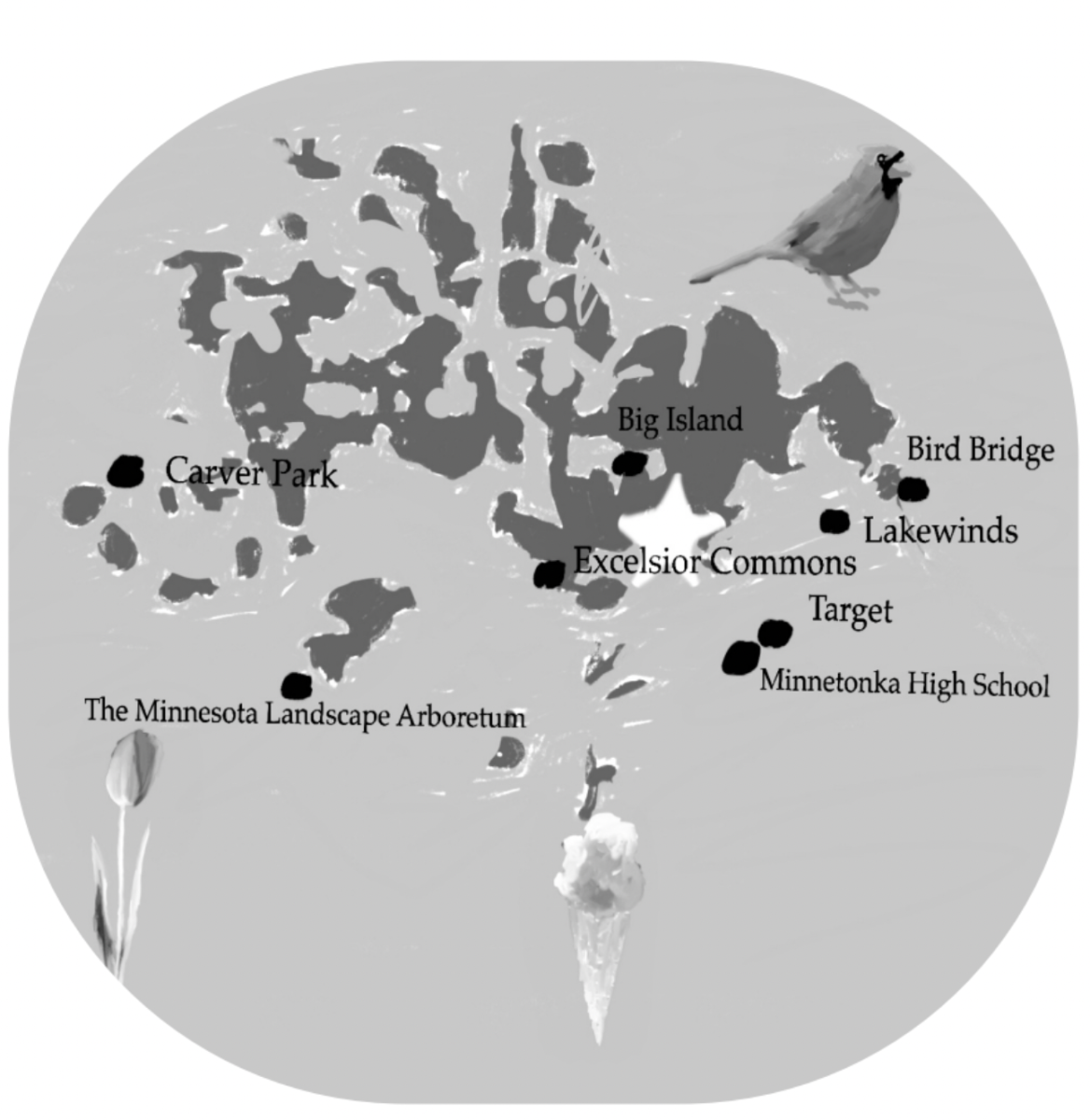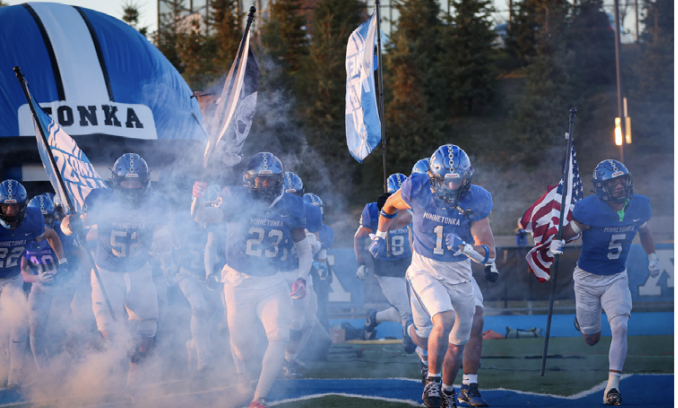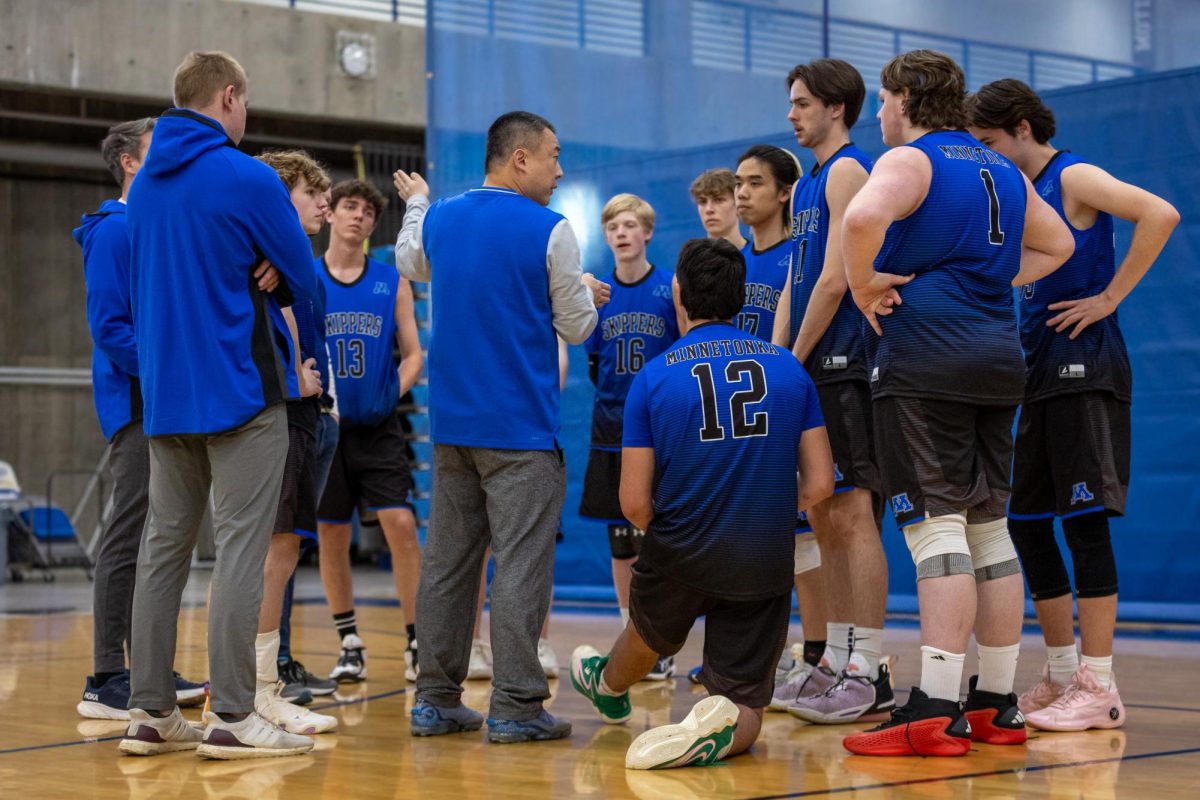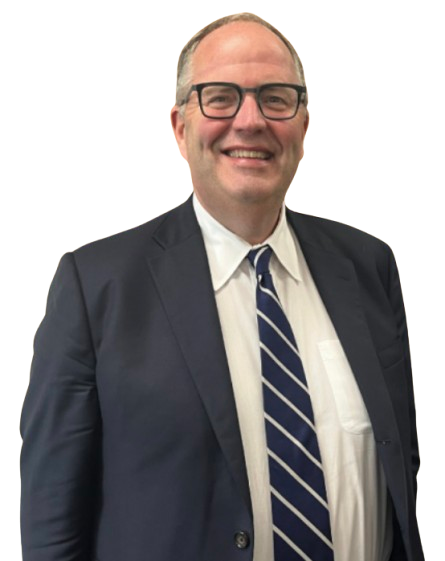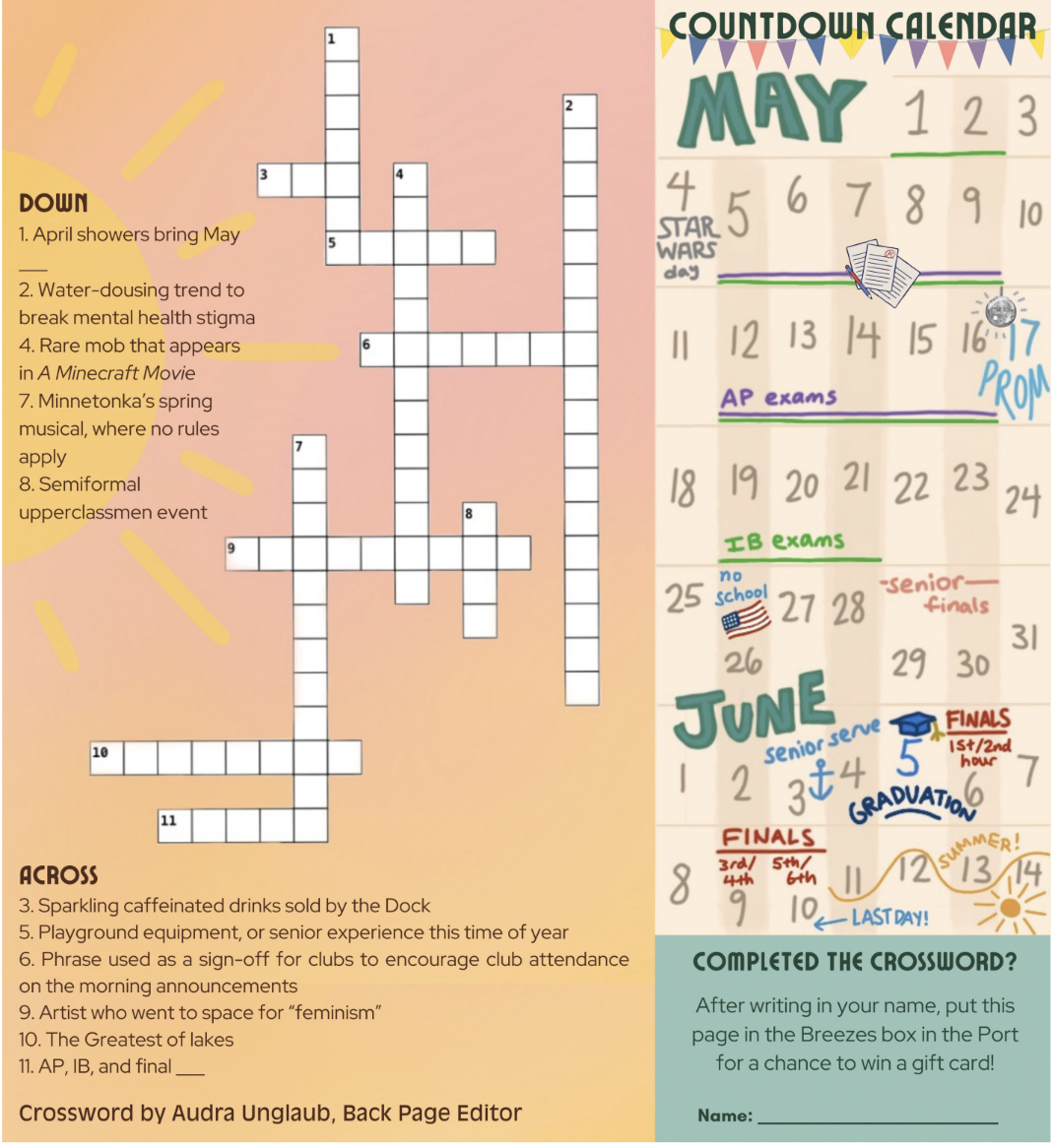Minnetonka Students Fight For Racial Justice
October 30, 2020
Following the death of George Floyd in late May, racial inequality and the overall disregard for the lives of people of color have become topics of conversation seemingly everywhere.
Peaceful protests as well as unrest erupted in Minneapolis and major cities across the US, highlighting the anger and disappointment of citizens over the continually poor treatment of black and brown people.
In the local community, eyes shifted towards the Minnetonka School District, specifically its treatment of people of color (POC) and its future plans for creating a more inclusive environment. One particular group of MHS students, moved by Floyd’s death, chose to work toward this goal themselves, and the Minnetonka Coalition for Equitable Education (MCEE) was born.
The MCEE is a student-led group with the mission of increasing equity within the Minnetonka school district, in addition to acting as a voice for students of color whose needs are overlooked by the school system.
Over the summer, the Coalition developed a list of eleven critical imperatives they hoped to see fulfilled this school year and presented them to the School Board in August. The imperatives included a firm anti-racism statement from the district to the community, increased staff diversity training, a commitment to hire more BIPOC teachers and a crackdown on clothing bearing hate symbols.
Other matters important to the MCEE included an anti-racist and inclusive curriculum, less stigma around incident reporting, restorative justice for students, free open-enrollment bussing, civil rights protections for teachers, participation in the Minnesota Department of Education’s Achievement and Integration (A&I) Program and better representation of student and community voices going forward.
Since its creation this summer, the MCEE has grown tremendously, with many eager volunteers joining to make a difference.
Deepti Pillai, ‘24, joined MCEE because “[she] was passionate about [this issue] for a while,” but was unsure of what next steps to take. Joining a group like the MCEE “seemed like a good way to get involved and make a positive change in [her] community.”
On September 25th, the group held a protest march and rally at the District Service Center, attracting over 100 student protesters. Some action has been taken by the district as a result, but the MCEE remains dissatisfied.
Pillai, one of several speakers at the events, said the MCEE felt that “[the School Board] had made some promises they didn’t keep,” referencing the Board’s lack of action toward implementing the goals they promised by the end of September. Members of the group also thought the Board’s use of language on equity seemed vague, especially their refusal to use clear words such as “racism” to refer to the problems in the district. The Board had also yet to ban the Confederate flag and other hate symbols on clothing at the time of the rally.
However, Pillai said that she is happy to see more BIPOC staff members this year and hopes that the school can train teachers on how to better assist students of color going forward.
Overall, Pillai expressed hope that the MCEE will continue to be a prevalent group whose input is taken seriously, and she said the group aims for a “different and more inclusive curriculum” by the time she graduates in 2024.
Emily Van Dixhorn, ‘22, feels that “[the MCEE] is a necessity” for a school district like Minnetonka. She said that in past years’ English classes, “[she] had to read required books that used the n-word without context” and that her teachers didn’t speak to the word’s significance despite its presence in the curriculum. Van Dixhorn felt this was wrong and that, while the situation made her uncomfortable, she “could only imagine what it would feel like for a person of color”.
Van Dixhorn has noticed inequality before and “[wants] to have everyone seen as equals, including disabled students, LGBTQ and POC students in the district.”
Although not a core member of the group herself, she supports the MCEE’s message and offers them thanks.
To the leaders of the Coalition, she simply said, “thank you for stepping up and sharing [your] experiences.” Van Dixhorn recognized both the difficulty and importance of the work these students are doing.
If students are interested in joining the MCEE, they are on Instagram and Facebook with the handle @equitablemtka. Visit their pages for more information about MCEE or to get involved as an ally.

